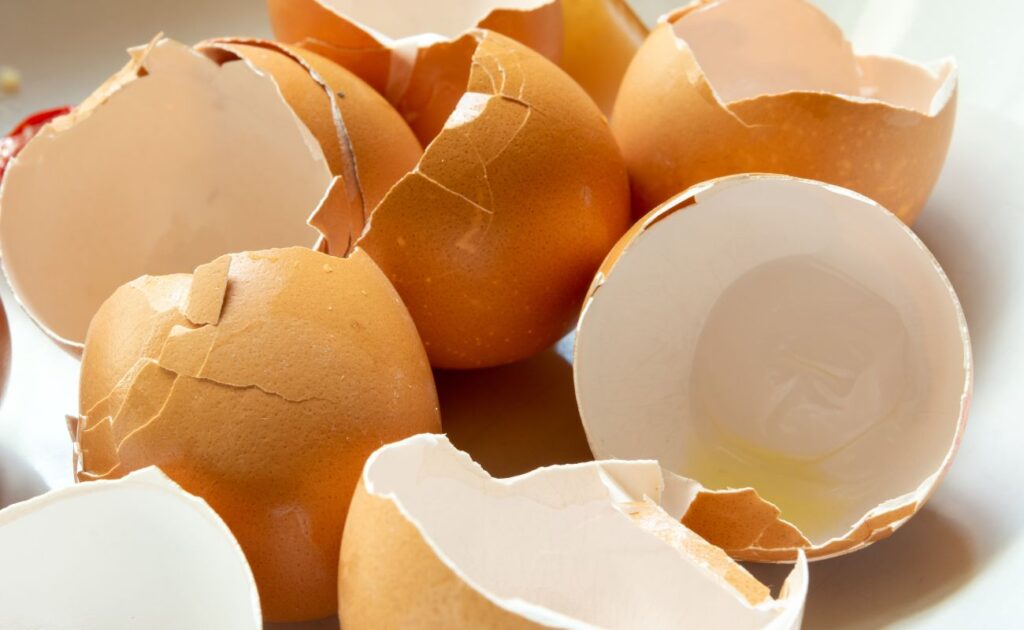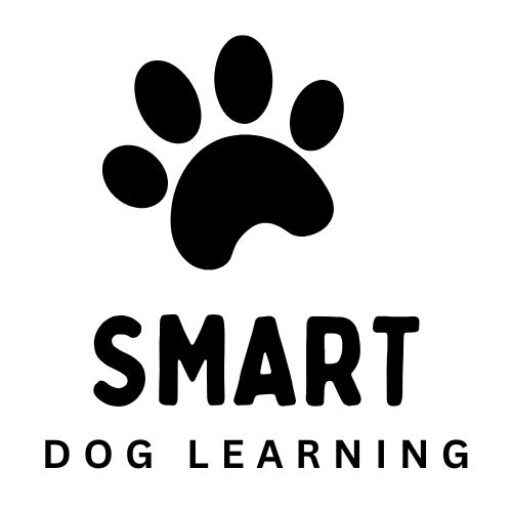Can Dogs Eat Eggs? Here’s The Truth
Ever found yourself making breakfast, cracking open a couple of eggs, and wondering if your furry friend could join in on the eggy goodness?
You’re not alone.
Many dog owners ask themselves this question. Well, let’s crack open the topic and see what’s inside!
The Nutritional Goldmine of Eggs
Eggs are nature’s multivitamin. They’re packed with proteins, vitamins, and minerals. For humans, they’re an excellent source of high-quality protein, vitamin D, riboflavin, and selenium. But what about dogs?

Dogs can benefit from the same nutrients that eggs provide to humans. They are a rich source of protein, which is essential for muscle building and repair. Additionally, eggs contain essential fatty acids, which help keep your dog’s coat shiny and healthy.
🍲 50 Printable Dog Food Recipes Your Pup Will Love
Skip the fillers and preservatives. Make healthy, homemade meals your dog will actually eat — using everyday ingredients you already trust. Vet-friendly, budget-friendly, and super easy to follow. 🐾
Perfect for picky eaters, senior dogs, and pups with sensitive stomachs. Make mealtime simple and nutritious again.
Get the Recipes Now 🐶But before you toss an egg to your pup, let’s break it down into its components: the shell, the yolk, and the whites.
Egg Shells: Crunchy but Beneficial?
You might have heard that some people give their dogs egg shells. It’s not as weird as it sounds. Egg shells are rich in calcium, which is crucial for bone health.

If you decide to feed your dog egg shells, it’s essential to grind them into a fine powder to avoid any sharp edges that could cause harm. A little sprinkle of this powder on their food can be a good calcium supplement.
The Yolk: The Golden Goodness
The yolk is where most of the nutrients are concentrated. It contains essential fatty acids, vitamins A, D, E, and K, and a range of B vitamins.

Feeding your dog the yolk can support eye health, skin, and coat condition, and overall vitality. However, moderation is key. Yolks are high in cholesterol and fat, which can lead to obesity and other health issues if overconsumed.
Egg Whites: Pure Protein
Egg whites are almost pure protein. They contain riboflavin and selenium, which are beneficial for your dog’s immune system and metabolism.

However, raw egg whites contain avidin, a protein that can bind to biotin (a B vitamin) and prevent its absorption. Cooking the egg whites denatures avidin, making it safe for consumption.
Boiled Eggs: The Safe Bet
Boiled eggs are perhaps the simplest and safest way to feed eggs to your dog. They’re easy to prepare and reduce the risk of any bacterial contamination.

Hard-boiled eggs can be chopped up and mixed into your dog’s regular food. This method ensures they get all the nutrients without any added oils or seasonings.
Raw Eggs: The Controversial Choice
Feeding raw eggs to dogs is a topic of debate. On one hand, raw eggs contain all their natural nutrients in an unaltered state.

On the other hand, there’s a risk of salmonella or E. coli contamination. While dogs have stronger stomach acids than humans and can handle bacteria better, the risk, however small, still exists. If you choose to feed raw eggs, ensure they are fresh and from a reputable source.
Scrambled Eggs: Doggy Breakfast Delight
Scrambled eggs can be a delightful treat for your dog. However, it’s important to prepare them plainly. Avoid adding butter, oil, salt, or other seasonings.

These additives can be harmful to your dog’s health. Plain scrambled eggs are easy to digest and make a great protein-rich snack.
Cooked Eggs: Versatile and Safe
Cooking eggs for your dog, whether they’re boiled, scrambled, or poached, is generally safe and beneficial.

Cooking eliminates the risk of bacterial infection and makes the proteins easier for dogs to digest. Remember to keep it simple and avoid any harmful ingredients.
FAQ
Q: Can dogs eat eggs every day? A: While eggs are nutritious, they should not replace a balanced diet. Feeding eggs a few times a week as a supplement is generally safe. Overfeeding can lead to obesity and other health issues due to their high fat content.
Q: Can puppies eat eggs? A: Yes, puppies can eat eggs. They are a great source of protein and essential nutrients. Introduce eggs slowly and in small quantities to ensure they do not cause any digestive issues.
Q: Are there any dogs that should not eat eggs? A: Some dogs may have allergies to eggs. If your dog shows signs of an allergic reaction, such as itching, swelling, or digestive upset, discontinue feeding eggs and consult your vet.
Q: Can dogs eat eggshells? A: Yes, dogs can eat eggshells if they are ground into a fine powder. Eggshells provide a good source of calcium, but they should be prepared properly to avoid any risk of injury.
Q: How should I introduce eggs to my dog’s diet? A: Start with a small amount to see how your dog reacts. If they tolerate it well, you can gradually increase the quantity, but always in moderation.
Final Thoughts
Eggs can be a nutritious addition to your dog’s diet when given in moderation. They offer a range of benefits from their high-quality protein to essential vitamins and minerals.
Whether you serve them boiled, scrambled, or in their shells, eggs can provide a tasty and healthy treat. However, always ensure to prepare them properly and keep an eye on how your dog reacts to new foods.
Remember, while it’s fun to share our food with our pets, not all human foods are safe for dogs. Always consult your vet if you’re unsure about introducing new foods to your dog’s diet. So next time you’re making breakfast, go ahead and crack an egg for your furry friend – just make sure it’s prepared with love and care.

I’ve spent 10+ years in dog training, digging into what makes dogs (and their humans) tick. At Smart Dog Learning, I share my no-nonsense, fun approach to training so you can enjoy life with a well-behaved, happy pup—no boring lectures, just practical results 😉






